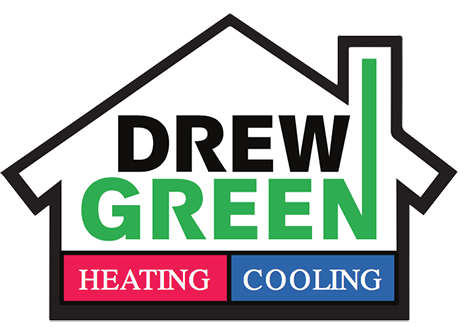How to Tell If Your House is Well Insulated
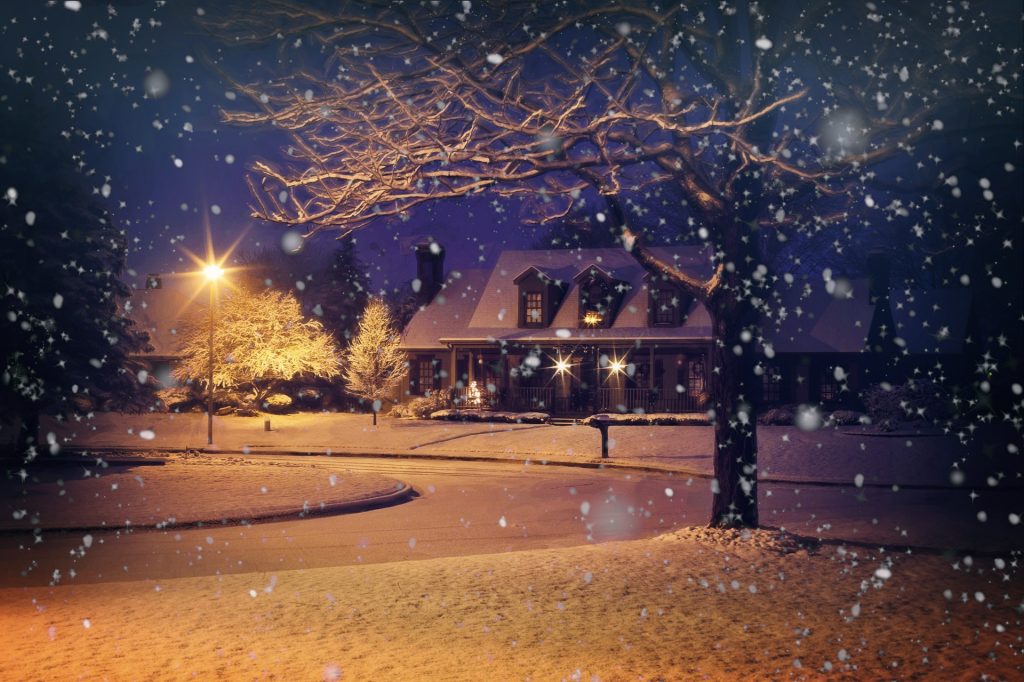
You’ve invested a good deal of money in your home, and it is only natural to expect the temperatures to be comfortable and consistent. You should also be able to expect reasonable heating and cooling bills. But what do you do when that isn’t the case? You start thinking, how can I tell if my […]
Why Is My Air Conditioner Blowing Warm Air?
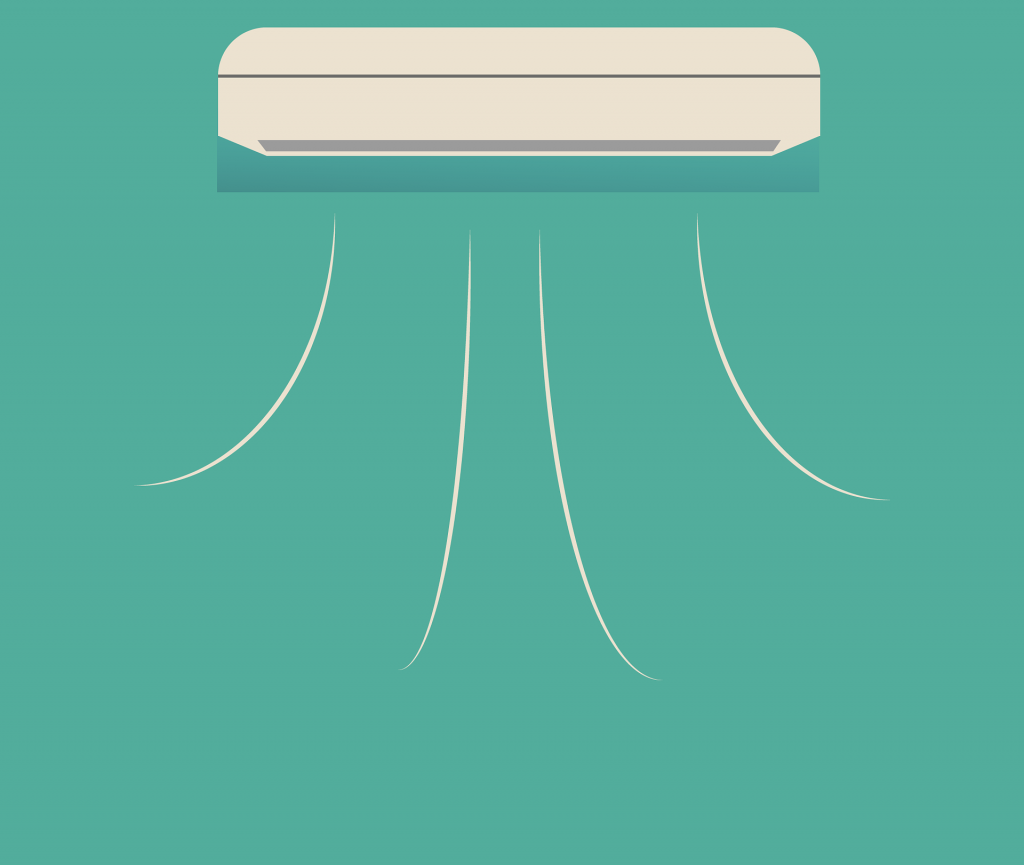
It’s hot outside, and you come home expecting a pleasant rush of cool air, as you open the front door. But there is no rush of cool air. You check the air flow from the vent, and it turns out that your air conditioner is blowing warm air. There are several common causes behind this […]
Key Ways That You Can Improve Indoor Air Quality
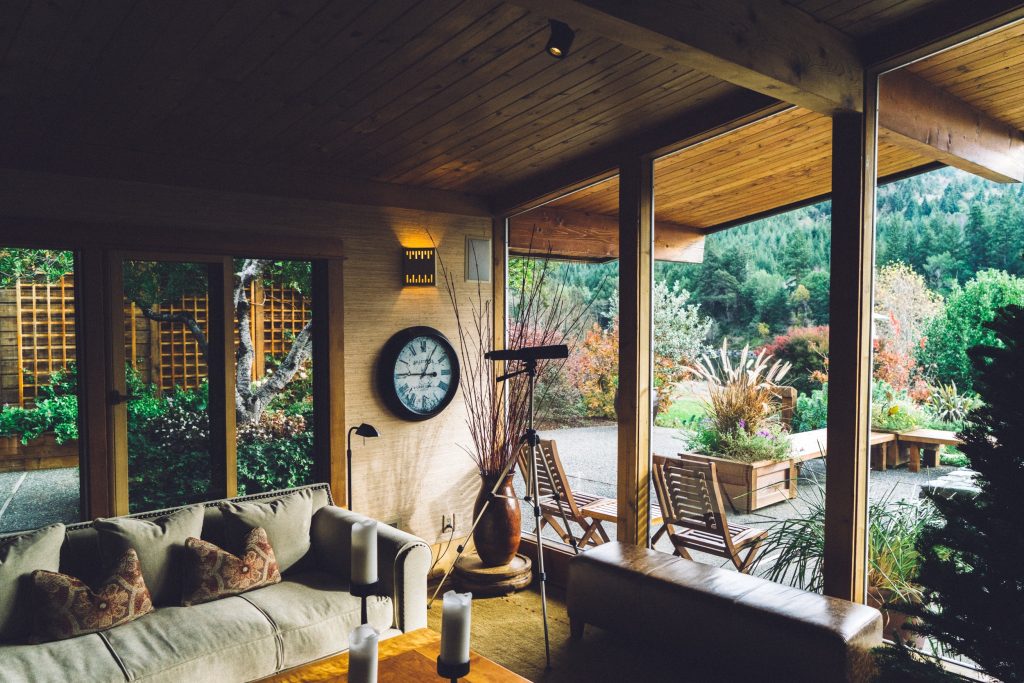
We know that outside air can be filled with pollutants, but so can indoor air. Modern buildings are far more “air tight” than older ones, which means that pollutants in our homes and offices are more likely to become trapped inside. In addition, people are spending more time indoors than ever before. As a result […]
The Top-Rated HVAC Brands
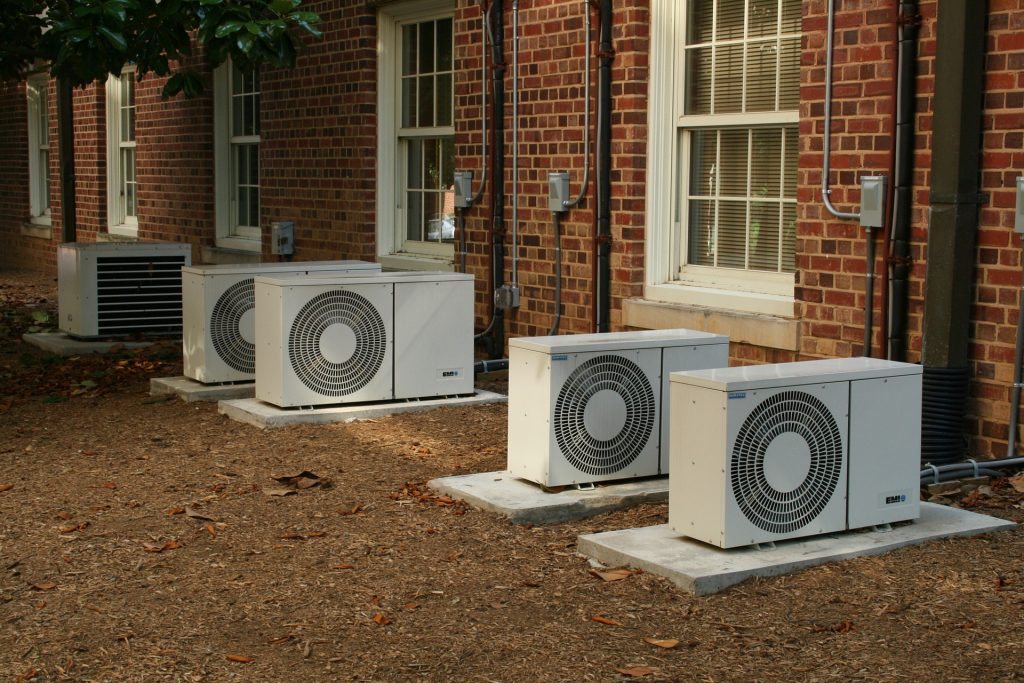
HVAC stands for “heating, ventilation, and air conditioning.” An HVAC system is an integrated system in a home or business that brings together the elements of the boiler or furnace, the cooling apparatus, and the ventilation system. Some may also include an air filtration option. With an HVAC system, all elements can be controlled by […]
Why Isn’t My House Cooling Down?
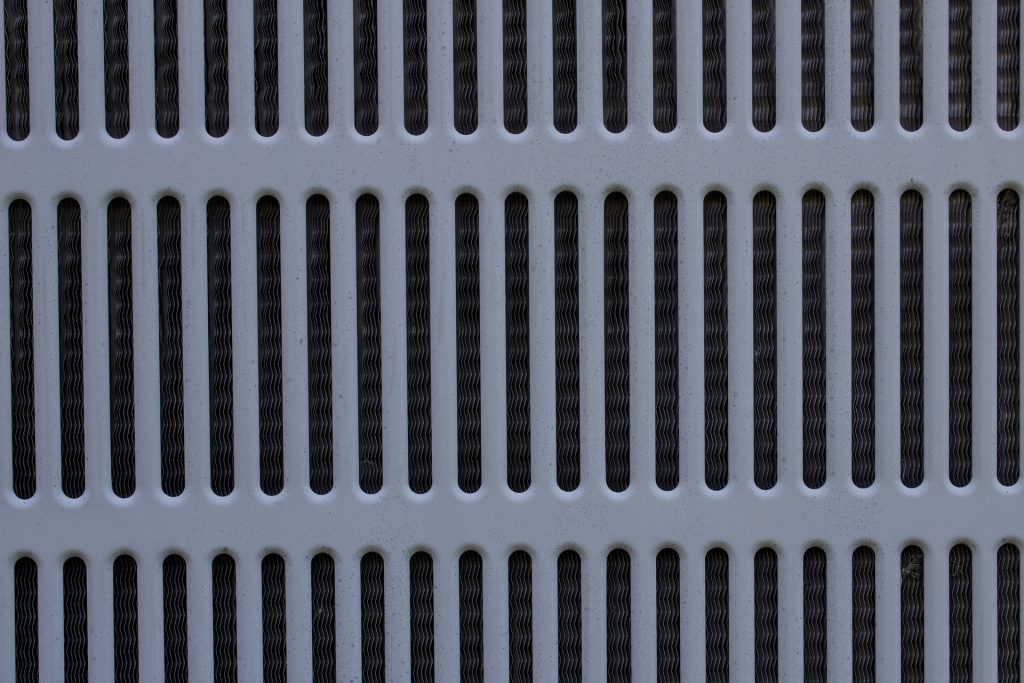
There are few things more frustrating on a hot summer day than running an air conditioner that can’t keep up with cooling your space. The cause of the inefficiency may range from a simple maintenance task that has gone overlooked for too long, like changing out a dirty filter, to a more serious problem, like […]
How to Hire an HVAC Contractor for an Air Conditioner Repair
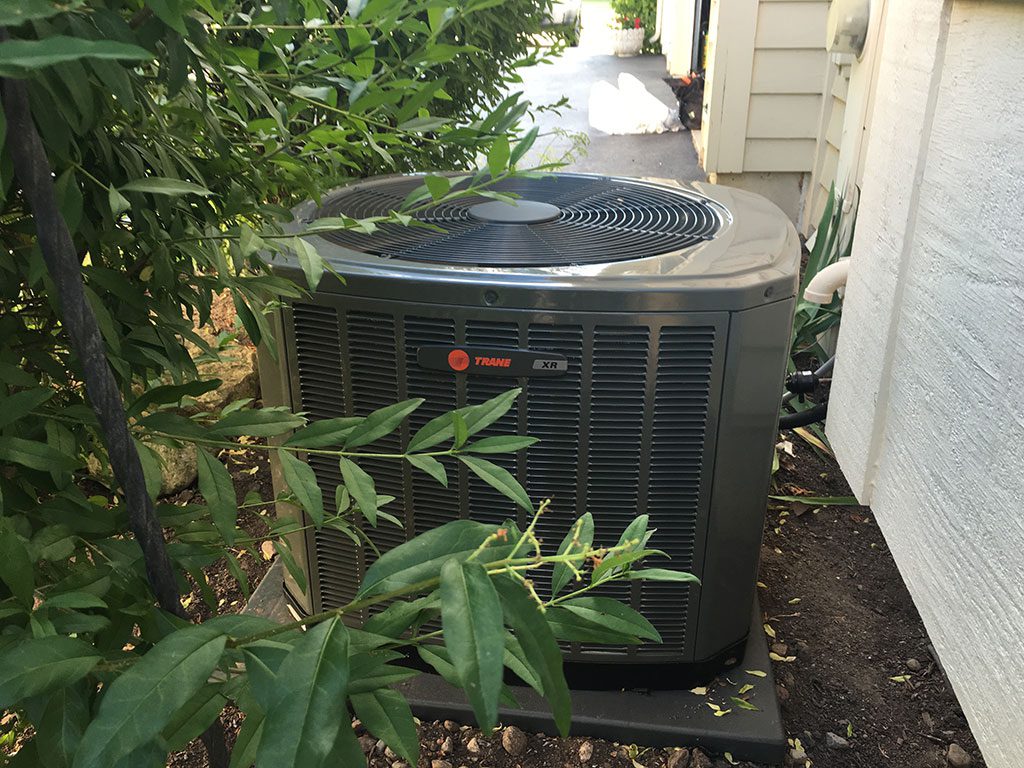
Most homeowners will have to deal with an air conditioner repair at some point. AC units are complex appliances that are essential for hot summer months, so when a unit is not functioning properly, it can impose a large burden. Since there are numerous HVAC companies of varying competence at your disposal, the hiring process […]
Air Conditioner Maintenance: Why It’s Important to Service Your AC

An air conditioning system is an important investment for a homeowner. If properly cared for, a central air conditioner should last 15-20 years. Air conditioner maintenance is a crucial measure that helps ensure the cooling unit operates at peak performance and lasts as long as possible. Not only does having an HVAC company service your […]
How to change your air filter on your furnace
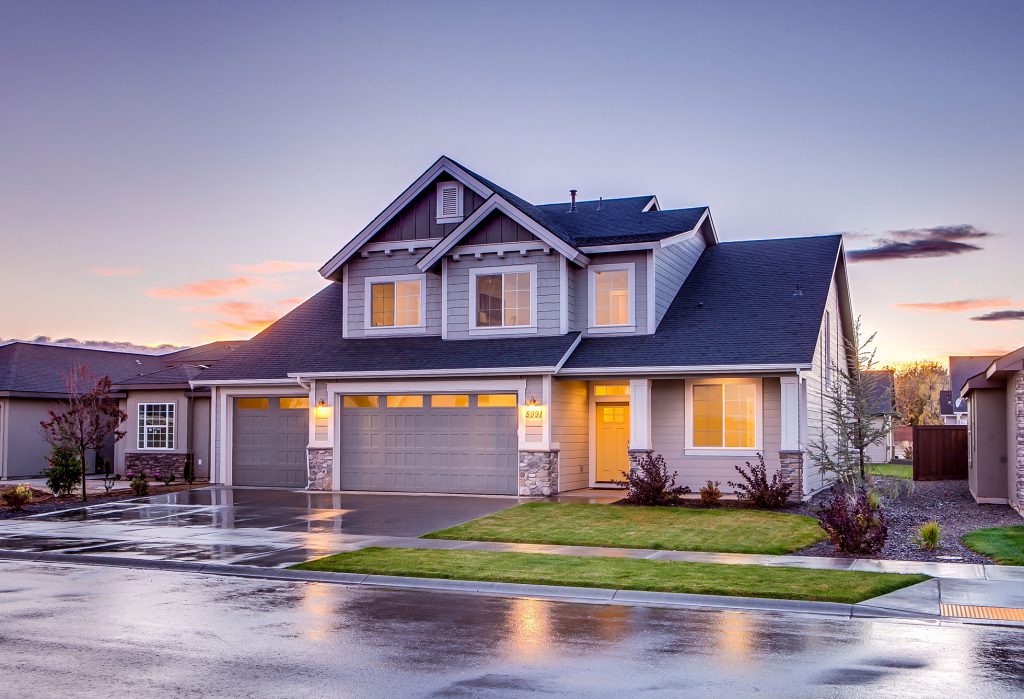
It is recommended to replace your air filter once a month to make sure your heating and cooling system is running efficiently. Air filters help remove dust mites, pet dander, hair, and other pollutants in the air. If you do not change your air filter it can cause issues with your furnace or air conditioning […]
